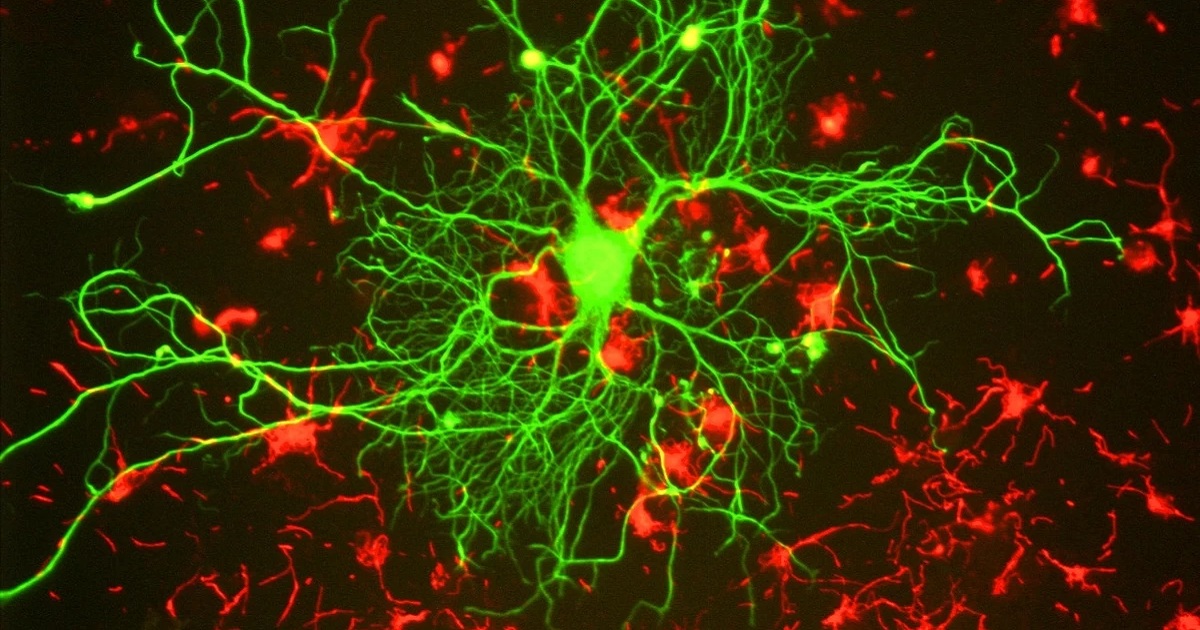Statins could protect against motor neurone disease, scientists suggest
Pharmaphorum Media Limited | February 15, 2019

High cholesterol could be a risk factor in the development of motor neuron disease, according to a study of genetic data by UK scientists. A team led by the Queen Mary University of London, in collaboration with the National Institutes of Health in the US, said that cholesterol-lowering drugs such as statins could be used to prevent the onset of the disease if confirmed in clinical analysis. Motor neuron disease (MND) or Amyotrophic lateral sclerosis (ALS), which famously affected the physicist Stephen Hawking, is a fatal neurodegenerative disease for which there is no cure.
The condition affects the brain and nerves, with early symptoms including weakness, slurred speech, difficulty swallowing food, muscle cramps, and twitches. Some people also experience changes in their thinking and behavior. The condition is more likely to affect people over 50, and most patients succumb to the disease within two to five years of symptom onset.
It affects up to 5,000 adults in the UK at any one time, and the global prevalence is projected to nearly double by 2040, primarily due to the aging of the global population. Published in the journal Annals of Neurology, the team searched genetic datasets of around 25 million people including more than 337,000 people from the UK Biobank, to find risk factors for developing ALS. While the datasets did not contain data on individuals’ actual cholesterol levels, the team studied genetic markers that are linked to cholesterol levels.